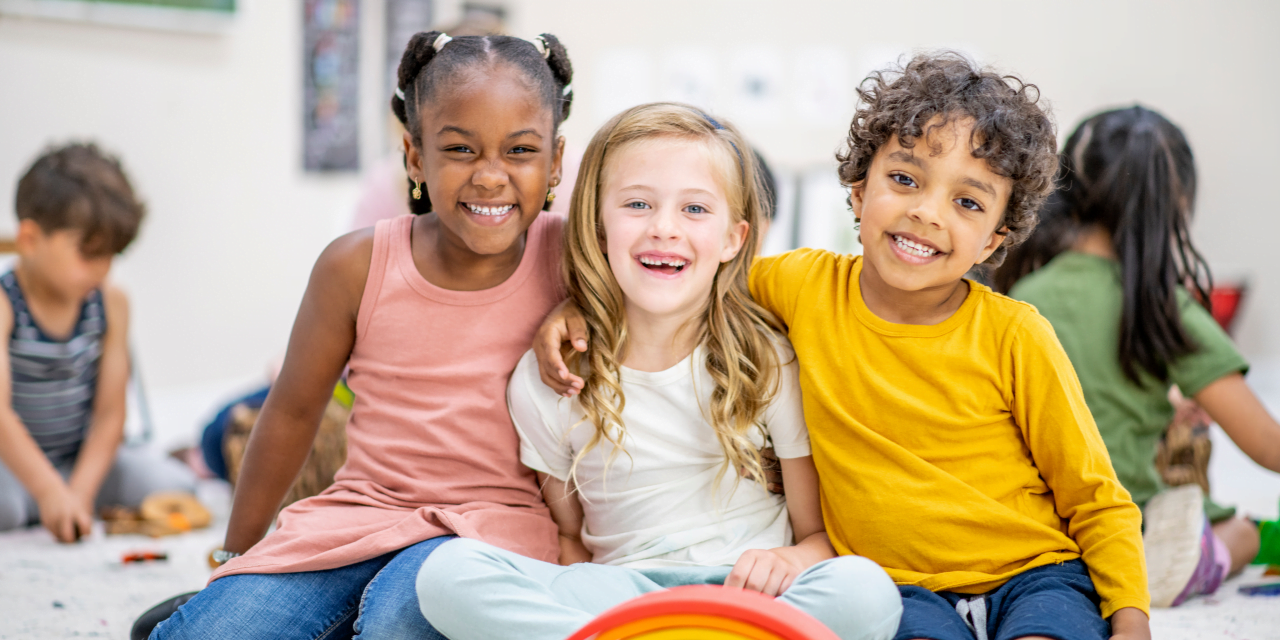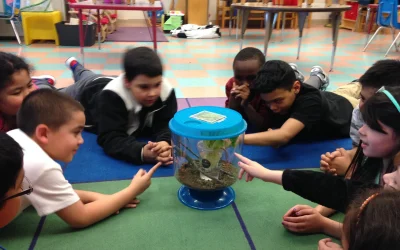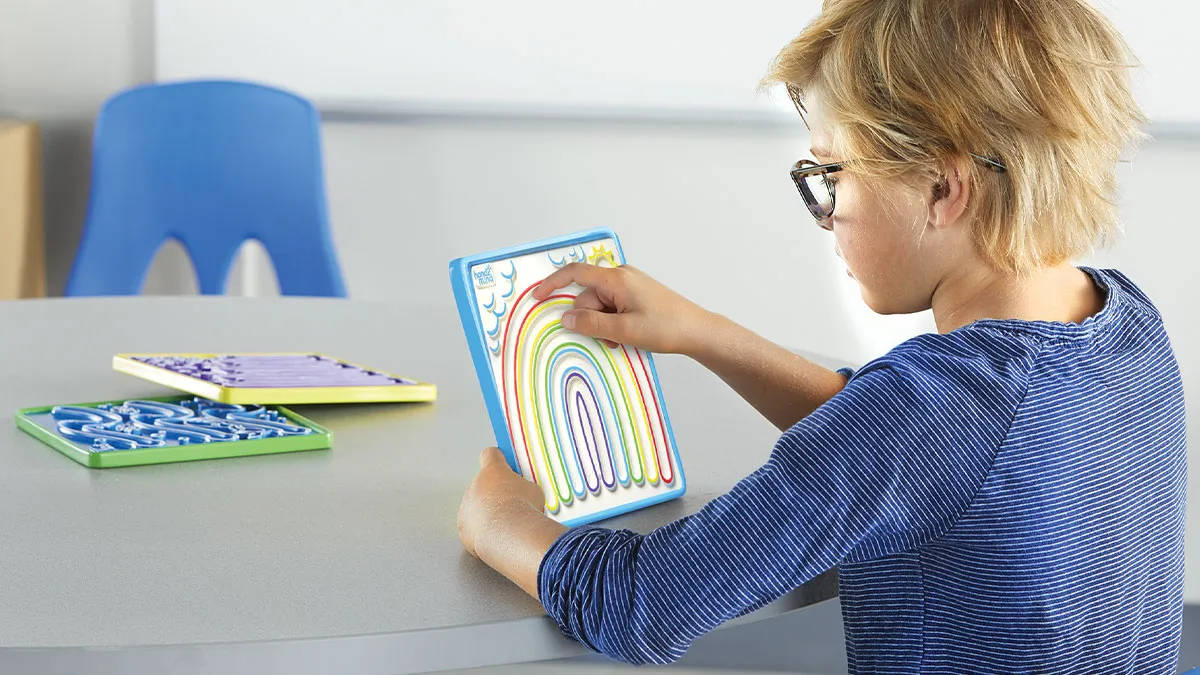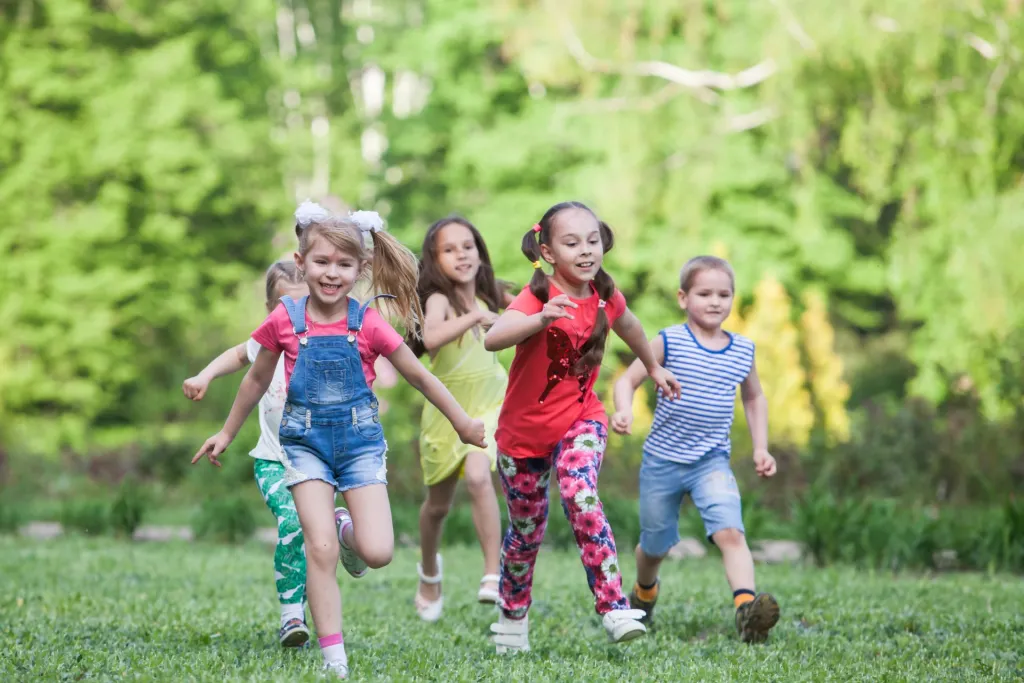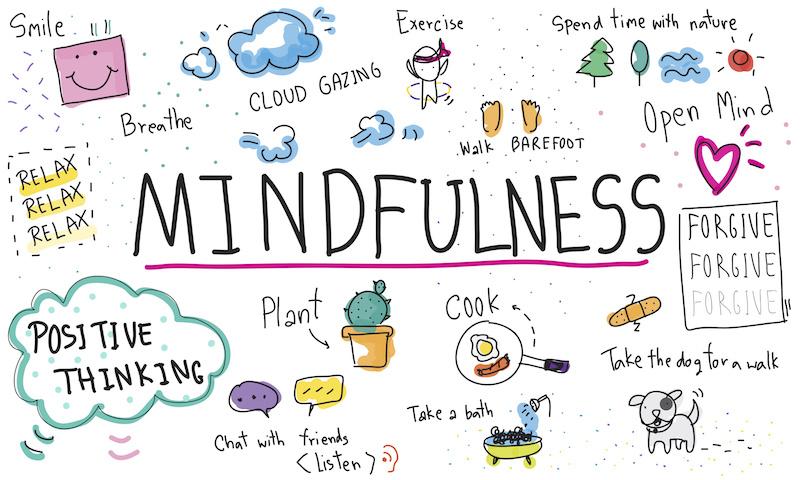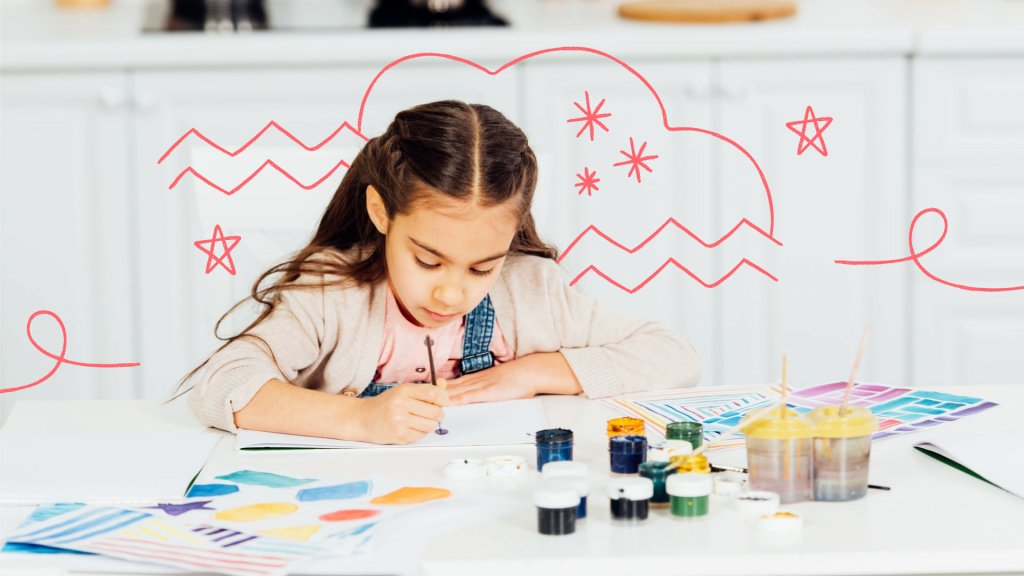Instill gratitude and kindness in children with mindful practices. Learn how to nurture a positive and compassionate mindset in kids, enhancing their emotional development and social interactions.
Table of Contents
Cultivating Compassionate Seeds: How Mindfulness Fosters Gratitude and Kindness in Children
In today’s fast-paced world, it’s easy for children to get caught up in a whirlwind of wants and expectations. But what if we could equip them with tools to appreciate the good, cultivate empathy, and spread kindness? Enter mindfulness – the practice of focusing on the present moment without judgment. This powerful tool holds the key to unlocking gratitude and kindness in children, laying the foundation for a more positive and compassionate future.
Mindfulness: The Stepping Stone to Appreciation
Mindfulness encourages children to pause, breathe, and truly notice their surroundings. Whether it’s the warmth of the sun on their skin, the taste of a delicious meal, or the laughter shared with loved ones, each moment becomes a treasure to be appreciated. This newfound awareness fosters a sense of gratitude, shifting their focus from what they lack to the abundance already present in their lives.
Gratitude Blooms into Kindness
As children learn to appreciate the good in their own lives, their hearts naturally open to the experiences of others. They begin to recognize that everyone around them has their own unique story, filled with joys and struggles. This empathy becomes the fertile ground where kindness can blossom.
Planting the Seeds: Activities for Every Age
The beauty of mindfulness is its simplicity. Here are some engaging activities to introduce your child to this transformative practice:
For Little Sprouts (Ages 3-5):
- Mindful Breathing Games: Blow bubbles and watch them float, focusing on the feeling of air leaving your mouth. Pretend to be a flower and breathe in the sunshine, then exhale like a gentle breeze.
- Gratitude Jars: Decorate a jar and encourage children to add something they’re grateful for each day, big or small. Share your own gratitudes to set the example.
- Mindful Walks: Take a nature walk and encourage children to use their senses. What can they see, hear, smell, and feel? Point out the little things – a ladybug crawling on a leaf, the warmth of the sun, the sound of birds chirping.
For Budding Blossoms (Ages 6-9):
- Mindful Coloring: Encourage coloring with focus and intention, paying attention to the colors and how they make them feel.
- Gratitude Journals: Dedicate a notebook for writing down things they’re grateful for each day. Encourage reflection and discussion about why they appreciate these things.
- Kindness Challenges: Choose a weekly kindness challenge, like holding doors open for others, donating toys, or writing compliments to friends. Track their progress and celebrate their acts of kindness.
For Flourishing Flowers (Ages 10+):
- Guided Meditations: Use guided meditations specifically designed for children to help them manage stress, focus their attention, and cultivate empathy. Many free resources are available online.
- Gratitude Circles: During family dinners or gatherings, take turns sharing something you’re grateful for and why. Listen attentively and celebrate each other’s perspectives.
- Random Acts of Kindness Projects: Brainstorm and implement projects that spread kindness in your community, like baking cookies for the elderly or organizing a litter cleanup.
Remember, consistency is key. Integrating mindfulness practices into your child’s daily routine, even for just a few minutes each day, can have a profound impact. By nurturing their appreciation for the present and fostering empathy for others, you’re equipping them with the tools to grow into compassionate and kind individuals, making the world a brighter place, one mindful breath at a time.
Conclusion
In conclusion, promoting gratitude and kindness in children through mindfulness is a powerful way to help them navigate the challenges of growing up in today’s world. By teaching kids to be present, appreciative, and empathetic, we can empower them to become compassionate and caring individuals who will make a positive impact on the world around them. Let us commit to nurturing these qualities in our children through the practice of mindfulness, so that they may grow up to be kind-hearted and grateful individuals who spread love and positivity wherever they go.

